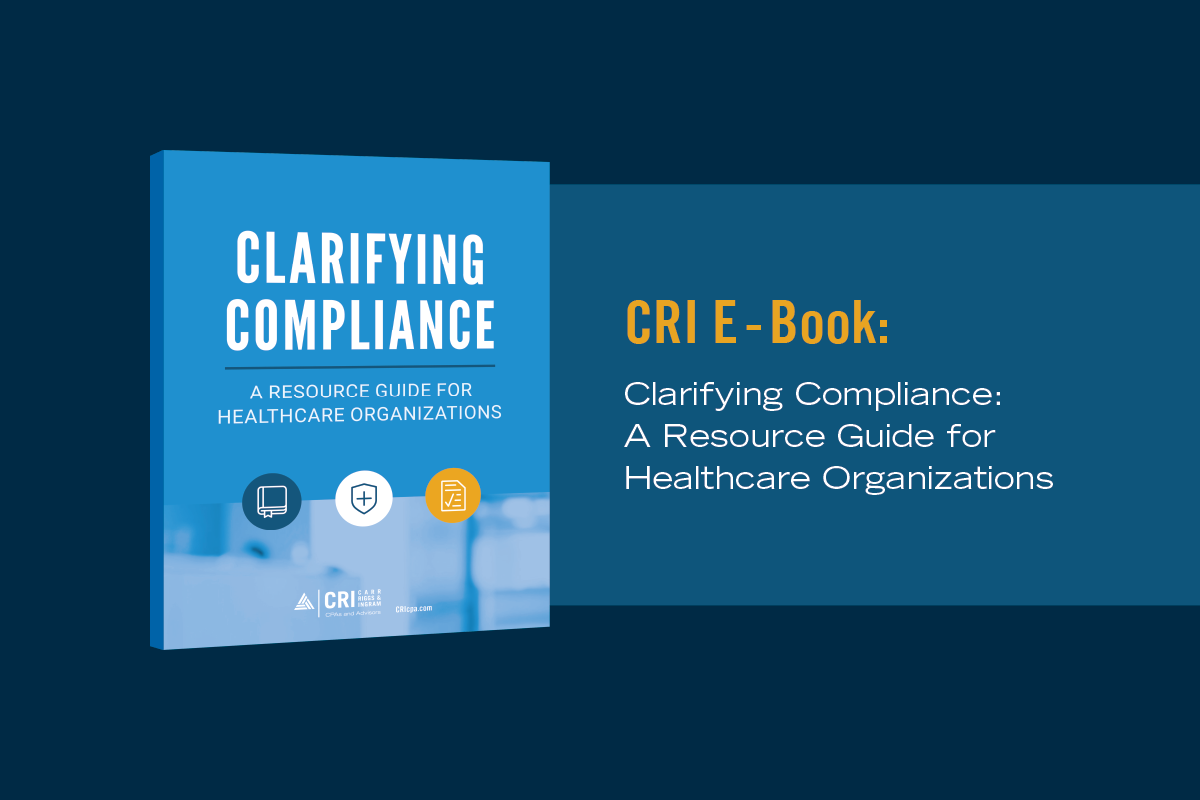The Pitfalls of Underbidding Projects
- Contributor
- Larry May
Oct 6, 2023
While it might seem tempting, contractors should exercise caution before under-bidding projects, especially during economic downturns. Even though the rationale might appear sound – maintaining cash inflow and preserving staff – the potential repercussions can be severe.
During challenging economic conditions, many adaptations may occur. Large contractors, witnessing a decline in their backlogs, may pursue smaller projects, often compromising on profit margins, leaving small to medium-sized contractors in a challenging position, feeling compelled to accept any available projects to keep their operations afloat. There is often a reluctance to downsize staff, which stems from concerns about them seeking opportunities elsewhere.
Nonetheless, it’s a risky proposition. When a contractor goes into a project with the expectation of breaking even, the inevitable jobsite problems and “discoveries” can send profitability into negative territory. Should anything go wrong, the contractor is essentially paying the owner to perform the work.
The entire construction market pays the price in the end, as the market goes from 3 percent profit to 1 percent or zero.
It’s Almost Always a Bad Idea
The consequences of underbidding might not be immediately evident. Larger contractors can, and do, fund poor-performing projects from their reserves or shift profits from other projects. In some markets, this might even produce intangible benefits, such as a stronger owner-contractor relationship or the promise of future work.
However, this approach is seldom successful or recommended for those contractors in a hard-bid world. In that market, the owner is the big winner. Project costs go down as contractors’ profit margins get squeezed. In essence, no contractor is making money, and smaller contractors must use their own money to survive. Furthermore, the contractor awarded the work might not be adequately equipped or have the cash reserves to complete the project. That puts an entire industry under strain.
Surety companies aren’t immune to the problem, either. When a large contractor bids projects at minimal or zero profit, a surety company might be hesitant to deny a bid or performance bond based upon the promise of future work, they effectively become as dependent upon the contractor as they are on them. However, as history has shown, even large companies can fail during a financial downturn.
The consequences are obvious, as the surety company pays out large sums of money when projects fail, which, in turn, has a devastatingly negative impact on the construction industry as bonding requirements tighten.
Try This Instead
A more strategic approach for companies is to bolster their cash reserves. Many experienced companies, drawing from lessons learned during previous economic downturns, have proactively enhanced their liquidity. They diligently manage receivables, refinance existing debt, secure loans against long-term assets, liquidate unused equipment, and carefully oversee and limit cash expenditures. With the right guidance, contractors can optimize their working capital at discounted rates, positioning themselves to navigate through prevailing financial challenges.
Your local CRI professional can offer invaluable advice by meticulously analyzing a contractor’s balance sheet and identifying specific challenges that may impede optimal cash flow. Such insights can help pave the way for informed financial decisions, ensuring a smoother operational journey.





















































































































































































































































































































































































































































































































